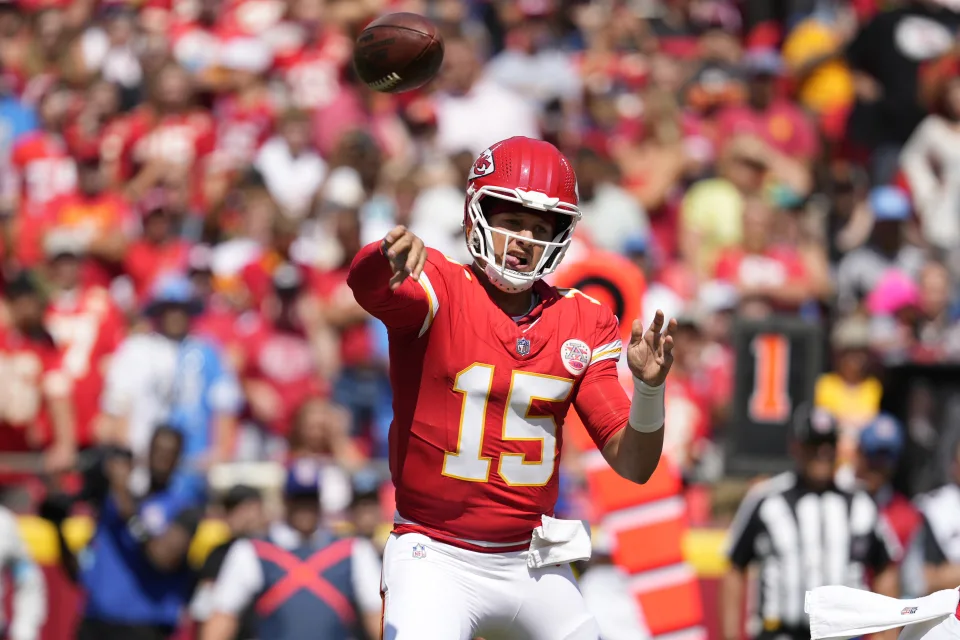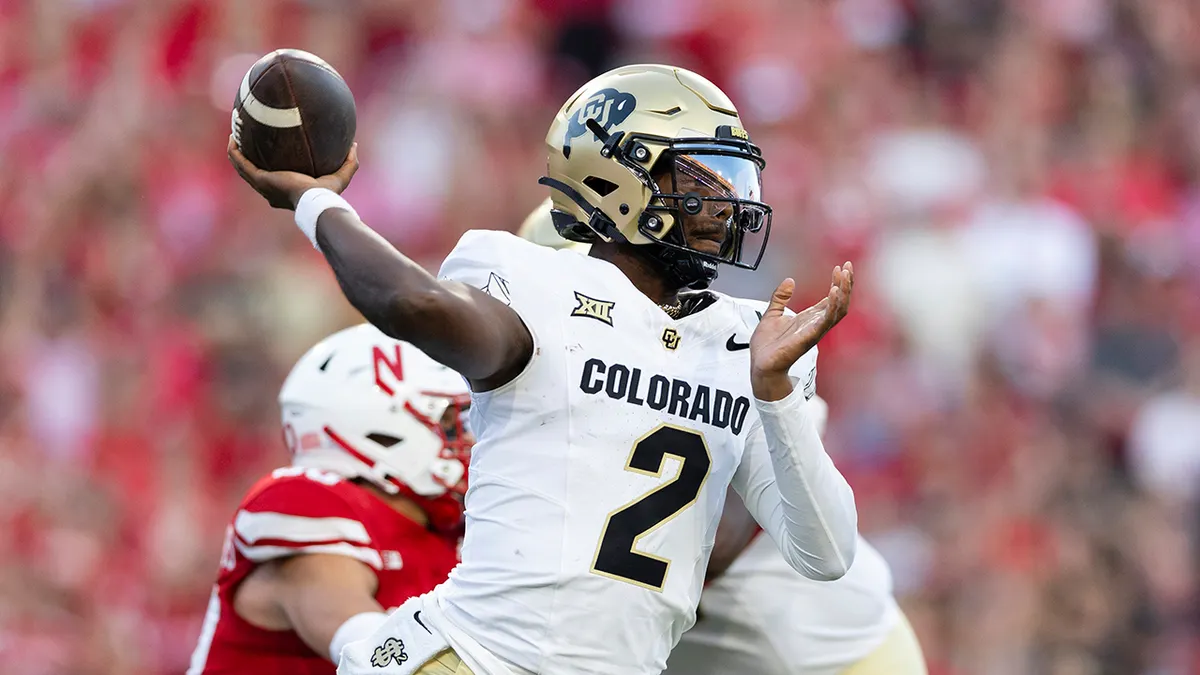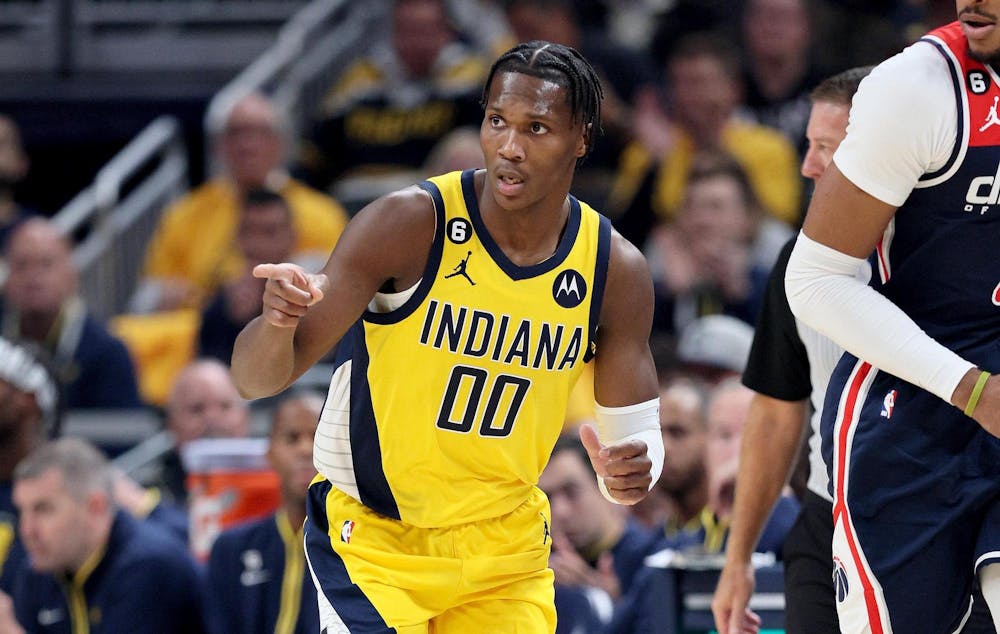In Week 1 of the 2024 NFL season, Deshaun Watson had a rough outing for the Cleveland Browns in their 33-17 loss to the Dallas Cowboys. Watson completed 24 of 45 passes for just 169 yards, with one touchdown and two interceptions. His struggles were compounded by constant pressure from the Cowboys’ defense, which sacked him six times and forced several poor decisions. Watson’s accuracy, especially on downfield throws, was a major issue, as he went 0-7 on passes beyond five yards in the first half, failing to find a rhythm.
Fans grew frustrated as the Browns offense could only muster one first down in the entire first half, and Watson was unable to respond to the Cowboys’ defensive schemes. Despite early hopes for a turnaround after previous injuries and time away, Watson’s performance raised concerns about whether he can regain his old form.
With his fully guaranteed $230 million contract, the pressure is on Watson to improve quickly, as his recent performances have not justified the significant investment made by the Browns. Deshaun Watson’s massive fully guaranteed contract ($230 million over five years) combined with his poor performance for the Cleveland Browns could indeed be considered one of the worst deals in sports, both in terms of trade and contract. There have been other historically bad trades and contracts in sports history that stand out similarly for their unfavorable outcomes:
1. Albert Haynesworth (NFL) – Washington Football Team (formerly Redskins)
Contract: 7 years, $100 million (2009).
Why it’s bad: Haynesworth played poorly and was often criticized for his work ethic, particularly after receiving $41 million guaranteed. He was cut after only two seasons.
2. Russell Wilson (NFL) – Denver Broncos
Contract: 5 years, $245 million ($165 million guaranteed) after trade from Seattle Seahawks (2022).
Why it’s bad: In his first season (2022), Wilson underperformed, with the Broncos finishing 5–12. Despite his success in Seattle, his struggles in Denver made this trade and contract look disastrous in its early stages.
3. Brock Osweiler (NFL) – Houston Texans
Contract: 4 years, $72 million (2016).
Why it’s bad: Osweiler had one underwhelming season with Houston before being traded to the Cleveland Browns, who essentially paid the Texans to take his contract. He quickly flamed out of the league.
4. Sam Bradford (NFL) – Philadelphia Eagles / St. Louis Rams
Contract: 6 years, $78 million (rookie contract in 2010, before rookie salary cap).
Why it’s bad: Bradford struggled with injuries and never reached the level of play expected from a No. 1 overall pick. His contract, the largest rookie deal at the time, became infamous for poor performance-to-pay ratio.
5. Herschel Walker (NFL) – Minnesota Vikings
Trade: Dallas Cowboys traded Walker to the Vikings in 1989 for five players and six draft picks.
Why it’s bad: Walker didn’t significantly improve the Vikings, while the Cowboys used the draft picks to build a dynasty in the 1990s, drafting players like Emmitt Smith, Darren Woodson, and others.
6. Rick DiPietro (NHL) – New York Islanders
Contract: 15 years, $67.5 million (2006).
Why it’s bad: DiPietro’s career was derailed by injuries, and he played only 50 games over the final eight years of the deal. The Islanders ended up buying out his contract, making him a prime example of long-term deals gone wrong.
7. Allen Crabbe (NBA) – Portland Trail Blazers
Contract: 4 years, $75 million (2016).
Why it’s bad: Crabbe was overpaid after a single decent season. His performance dipped significantly, and the Blazers ended up trading him just one year later to clear cap space.
8. Gilbert Arenas (NBA) – Washington Wizards
Contract: 6 years, $111 million (2008).
Why it’s bad: After signing the contract, Arenas was sidelined with injuries and later involved in a locker room gun incident. His performance never returned to his All-Star level.
9. Bobby Bonilla (MLB) – New York Mets
Contract: Deferred payment deal, $1.19 million annually from 2011 to 2035.
Why it’s bad: Although not a huge contract at the time, Bonilla’s deferred payment structure became infamous, as the Mets agreed to pay him well after his playing days ended, turning it into a symbol of bad financial management.
10. Chris Davis (MLB) – Baltimore Orioles
Contract: 7 years, $161 million (2016).
Why it’s bad: Davis’ performance nosedived after signing the deal, hitting an abysmal .168 in 2018 and setting the record for most consecutive hitless at-bats by a position player. He retired early, and the Orioles are still paying deferred payments.
These deals became infamous for their terrible return on investment or long-term impact on teams, similar to what’s unfolding with the Deshaun Watson deal for the Browns. Whether due to injuries, poor performance, or overvalued talent, they serve as cautionary tales in the world of sports contracts. Currently, Deshaun Watson holds an 8-6 record as a starter for the Cleveland Browns.






